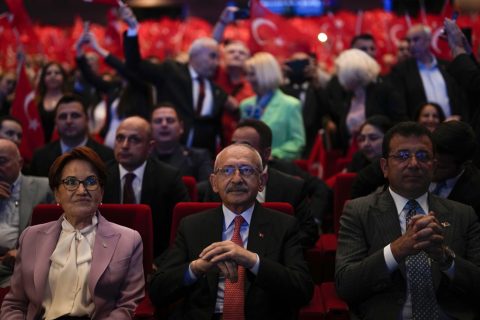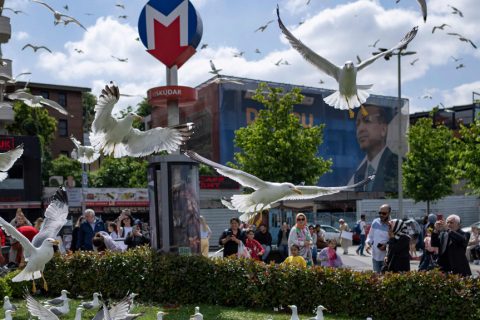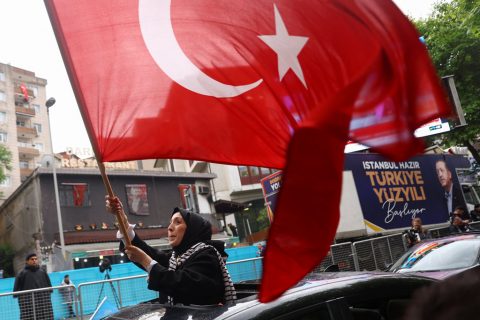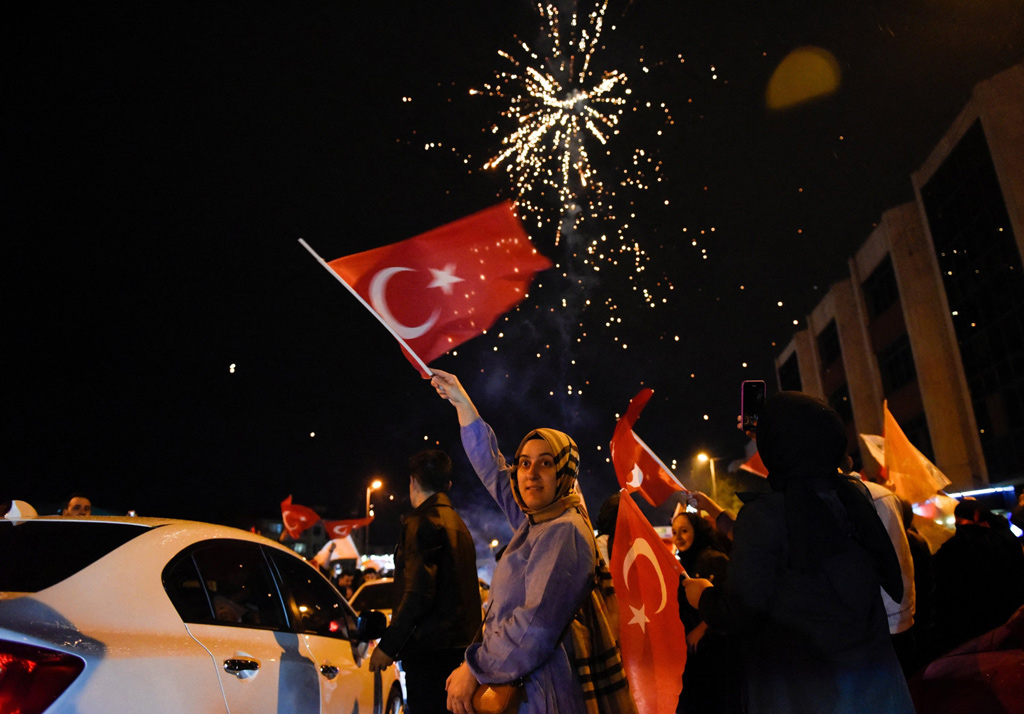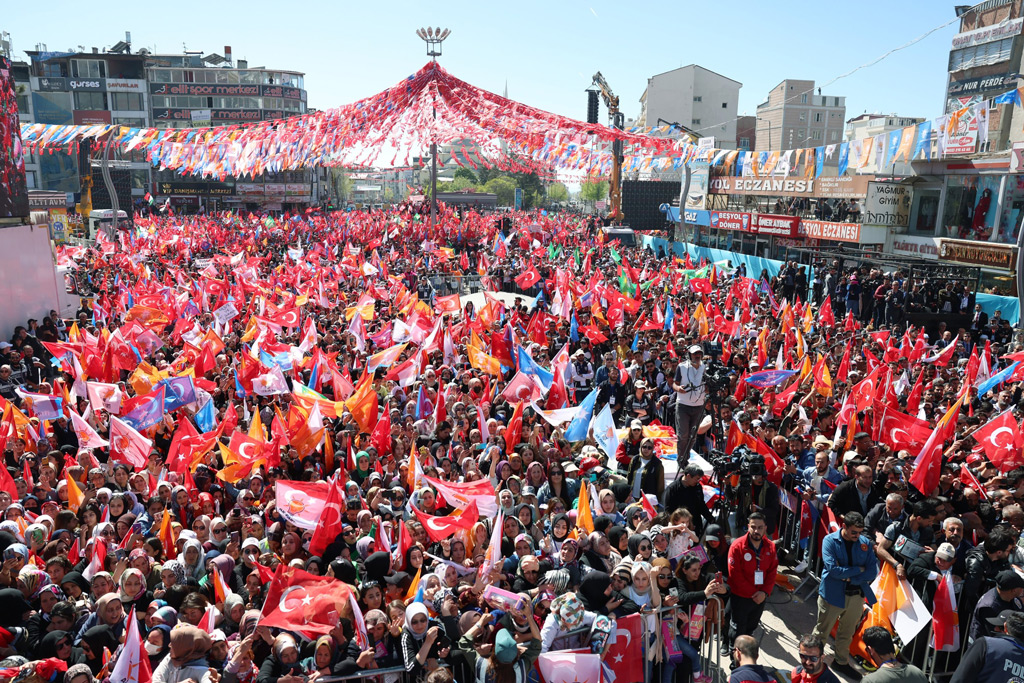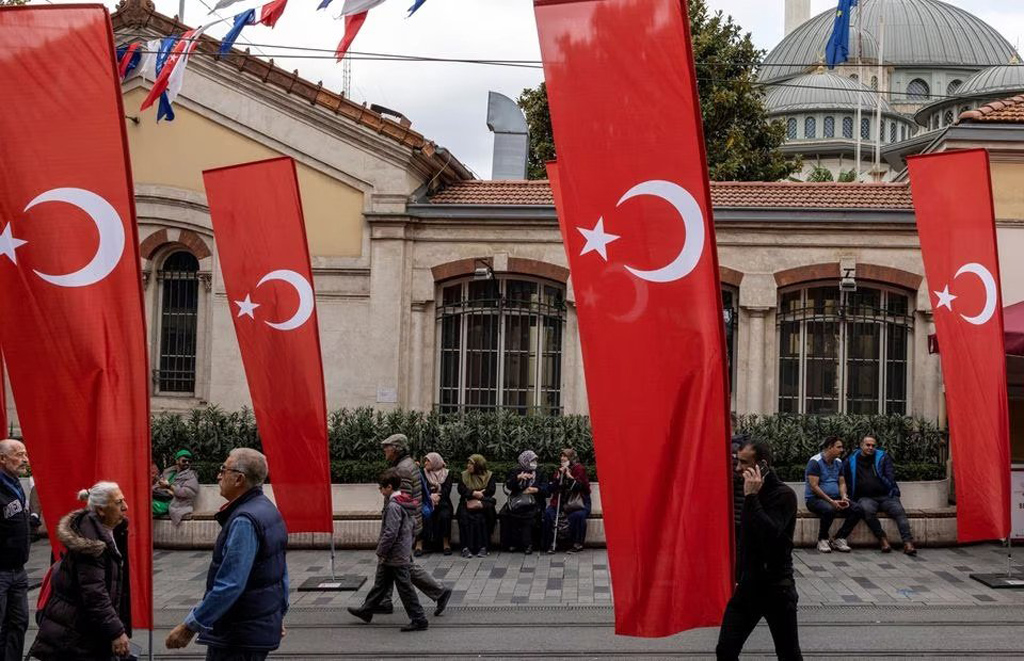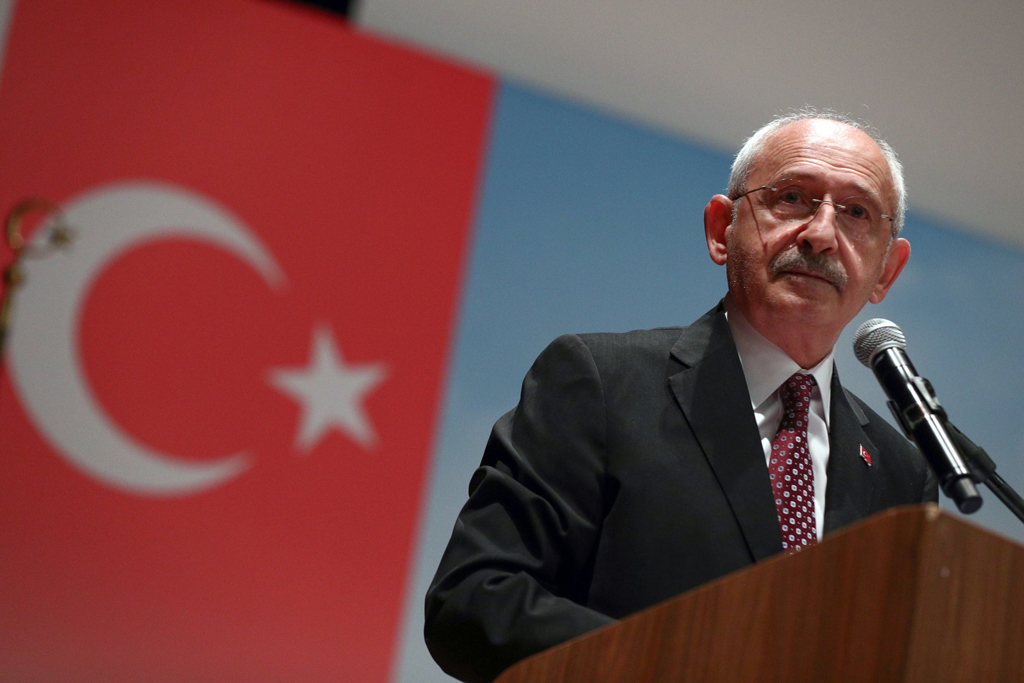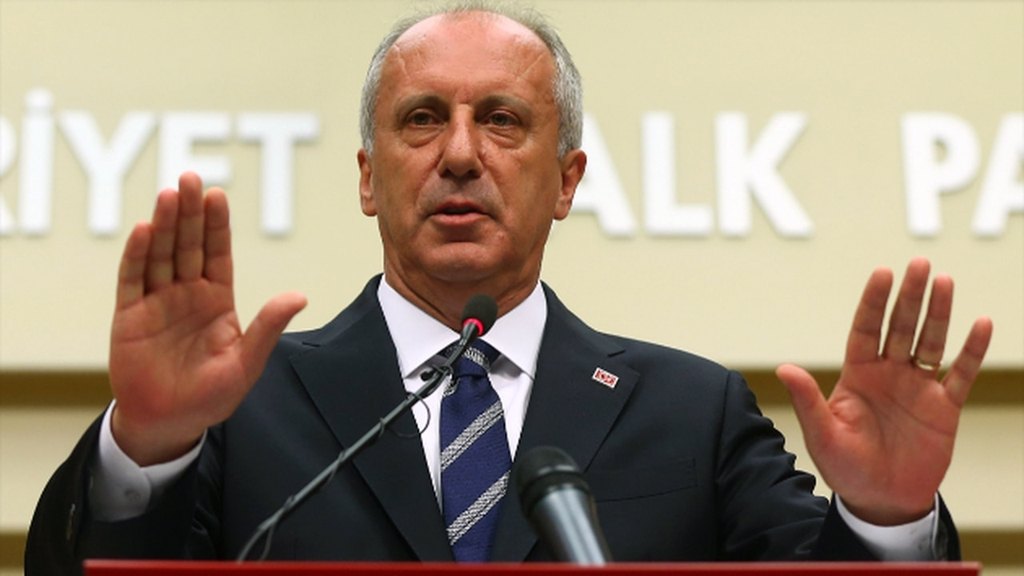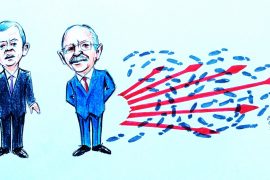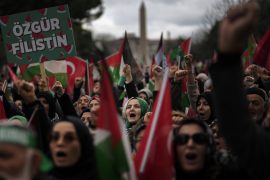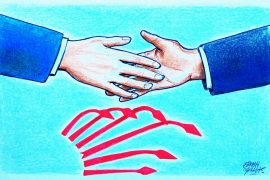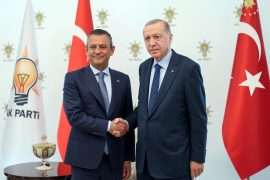Turkish Local Elections
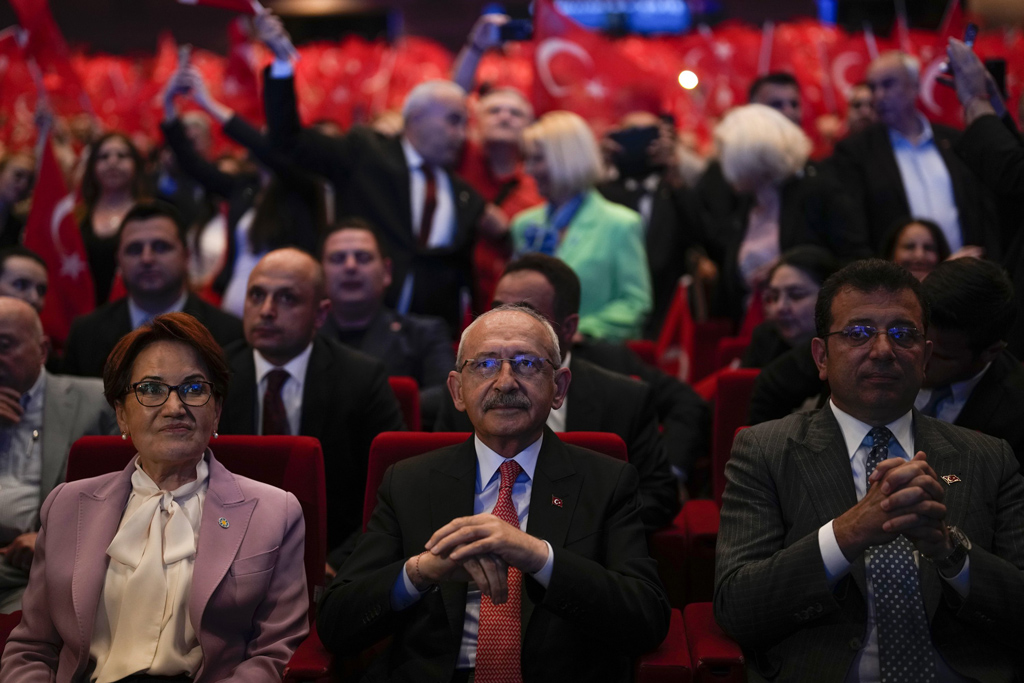
Are local elections a remedy for Turkish opposition’s concerns?
| OpinionNegotiations are already underway among opposition parties regarding next year’s municipal election. The Republican People’s …
-
Opinion
Are local elections a remedy for Turkish opposition’s concerns?
By Burhanettin DuranNegotiations are already underway among opposition parties regarding next year’s municipal election. The Republican People’s Party (CHP) and the Good Party (IP) are experiencing the tension of party congresses and, having failed to take stock of their latest defeat, their leaders continue to get calls to step down. Accordingly, there is a deepening polarization between supporters and opponents of those party leaders.
-
Opinion
Erdoğan’s victory amid opposition’s tumultuous contradictions
By Burhanettin DuranErdoğan has a respectable track record. In addition to the 1994 mayoral race in Istanbul, he has won 16 popular contests (including several constitutional referendums) since 2002. In May 2023, after 21 years in power, the Turkish leader achieved a parliamentary majority with the People’s Alliance and received the Turkish people’s permission to serve five more years as president.
-
Opinion
Turkish presidential elections and Western misperception
By Muhittin AtamanPresident Erdoğan has received 52.18% of the vote, while his rival Kılıçdaroğlu received 47.82%. Thus, President Erdoğan has won over 10 elections – including presidential elections, parliamentarian elections, local elections and referendums – that he entered since 2002. This is a record-high number in the history of modern Türkiye, which made Erdoğan the longest-serving statesman in the history of the Turkish Republic.
Bu Konuda Daha Fazla
-
Unforgettable triumph of Turkish democracy
By Muhittin AtamanTens of millions of Turks went to the polls and cast their votes last Sunday to choose the next president and the 600-seat Parliament. Over 30 political parties and five multiparty political coalitions (the People’s Alliance, the Nation Alliance, the ATA Alliance, the Labor and Freedom Alliance, and the Union of Socialist Forces Alliance) competed in the elections. At first, there were four official candidates, namely, President Recep Tayyip Erdoğan, Kemal Kılıçdaroğlu, Sinan Oğan and Muharrem Ince. However, after the withdrawal of Ince, only three of them competed for the Presidency.
-
Let ballot speak: Western media meddling Turkish vote as...
By Burhanettin DuranWith Türkiye entering the final week of the 2023 election campaign, rhetorical battles have notably escalated. It would be wrong to reduce that development to peak polarization because what observers have called this year’s most important election remains critically important for the country’s future.
-
Türkiye’s political atmosphere as May 14 elections loom
By Mert Hüseyin AkgünAlthough the checks and balances mechanisms in modern liberal democracies have increasingly diversified, the most effective means for accountability and controlling leaders is still the ballot box. Of course, free, fair and competitive elections are not the only condition for a regime’s pluralistic and libertarian rule, but it is a prerequisite.
-
Solving or just discussing? Turkey’s ‘Kurdish question’
By Burhanettin DuranCHP and the IP may face two problems at once. Failure to talk about autonomy or native-language education would get them stuck between Erdoğan’s Diyarbakır address and the HDP’s demands. Discussing the problems with the reconciliation process would put the CHP and the IP, not the ruling Justice and Development Party (AK Party), in a difficult position.
-
CHP trapped in intraparty struggle, again!
By Talha KöseA lack of democracy, shady hustles and disunity. The main opposition CHP actively embraces what a successful party would avoid
